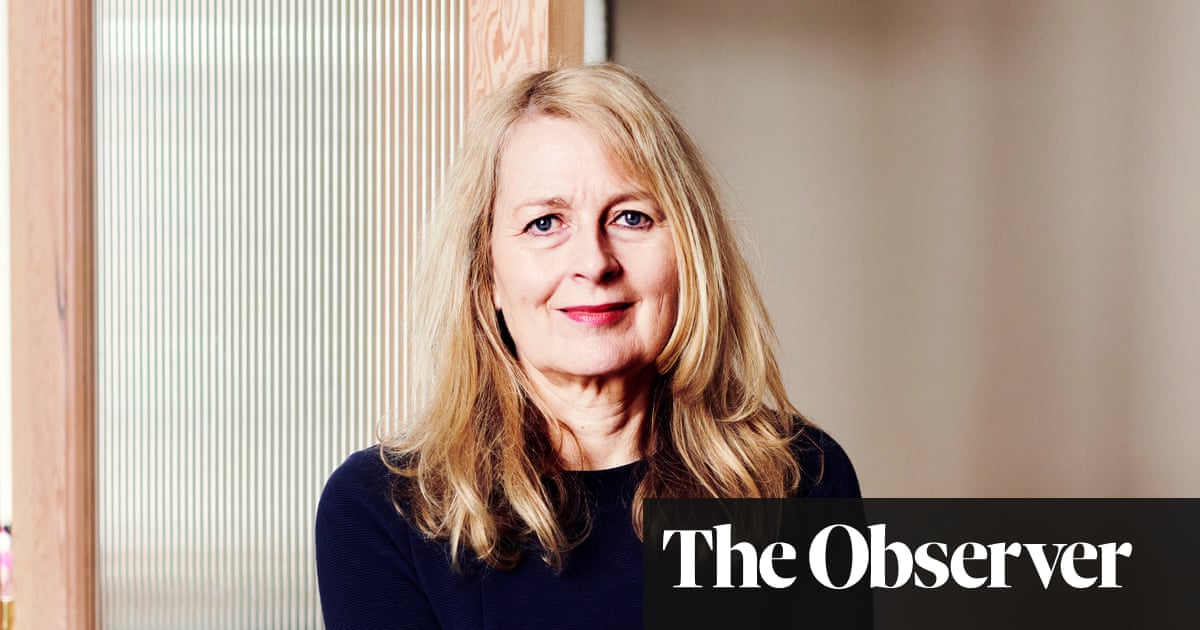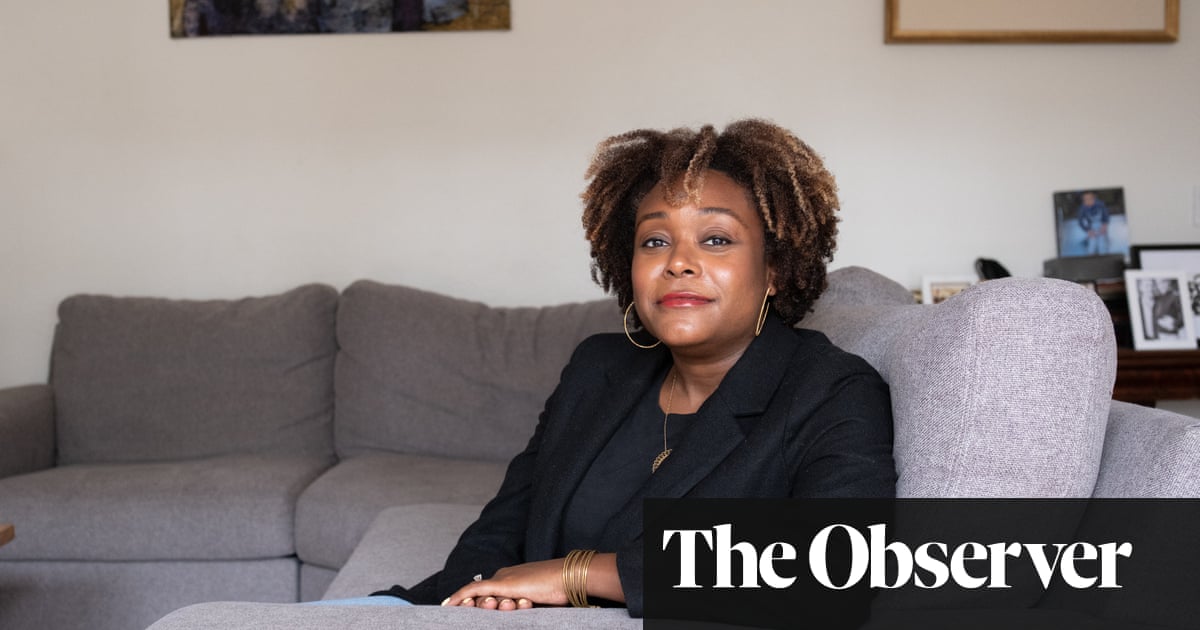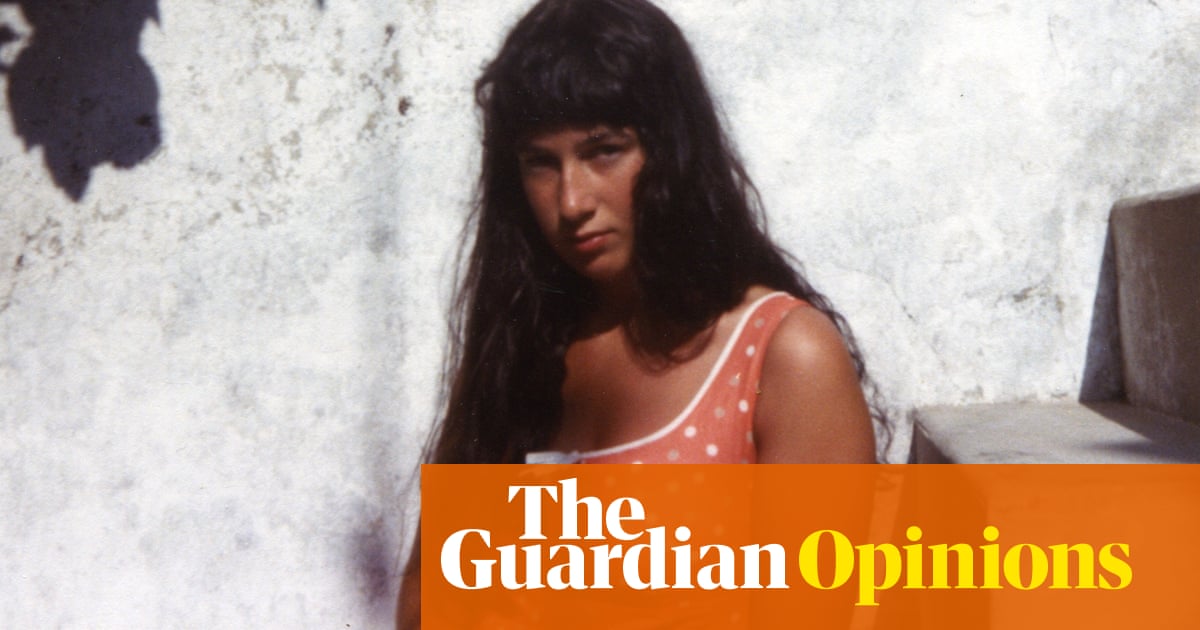
When my older brother died, the first thing I thought about was work. I had just moved to New York from London, so my family had to break the news over the phone, grappling with my grief while still sucker-punched by their own. But if you had asked me at that moment, I would have told you there was no grief.
Instead, I immediately began thinking about which editors I was going to have to let down. What work might fall by the wayside for ever? I quickly calculated the upsides of my “time off”. At least I would have more time to spend on that long article that was due. Then I thought about going for a run. Or shouting at somebody. Mostly, I thought about getting off the phone. It was all an inconvenience. Had my family – always so keen to remind me of where I had come from and who I was never going to get to be – just passed on this news to ruin my day?
I should probably have been thinking about how my brother and I fought relentlessly, but how he always thought he was trying to protect me. How he would turn up at every family celebration with three dozen Ferrero Rochers in hand. How he was the life and soul of every party I had.
But these leaps and twists of my mind, to escape a horrible truth, reflected a mental agility I had learned in childhood. When I ended up estranged from my parents and homeless at 16, I reframed it as “moving out”. When I worked multiple jobs to cover rent in London in my 20s, I told people: “It’s so crazy how having less time makes you more organised! It’s like you have more time!”
Dad taught me an exceptional work ethic – he still works six‑day weeks and 16-hour days – something I now realise is due to generational trauma. He fled Bangladesh with his family in the 60s searching for prosperity, only to arrive in a UK that was rife with racism. Yet he never gave up the dream, telling us every day that if we wanted to escape poverty, we needed to work hard.
For me, that mantra turned into a compulsion. I started to believe that if I didn’t work hard enough, bad things would happen and I would have only myself to blame. During high school exams, I prepared obsessively for every possible essay question, sticking revision notes on the walls of my homeless shelter, as if they were posters of boybands. I finished that year with near-perfect grades. I had conditioned my body to believe that I could work myself into the ground to escape every trauma, upset and obstacle life threw at me.
Then came my brother’s death. In the hours after I received the news, reality set in. I held on to the kitchen counter, walking like a cat, low to the ground from fear. I felt the world unsteady beneath my feet. I called my friends to tell them I didn’t know if I was sitting or standing. “I don’t know, I don’t know, I don’t know,” I responded to every question. I was in shock.
I howled in pain at the life-shattering confusion that came from realising that the big brother I knew would now exist only in photographs – aged five, wearing a Mickey Mouse T-shirt – and in a video on my phone, surprising his best friend with a fridge full of sweets and chocolate.
Yet still I tried, after one day in bed, to “snap out of it”. I went out for a bagel. I met a new person in the city and apologised when, less than an hour in, I started to cry uncontrollably. I flew back to London to see my family, screamed at my boyfriend, went to the funeral, then returned to work two weeks later.
I was told to take as much time as I needed. But the job in New York was a dream job. Walking through a farmers’ market the day after I had first landed, picking out fresh vegetables and lamb sausages, I had felt as if I had finally escaped. So, when the life-upending phone call came the next day, it felt like a premonition: my old life was trying to catch me again. I felt a familiar compulsion to outpace it. Bosses don’t wait for you to get back on your feet, my dad told me.
This time, however, my tank was empty. No matter how much I willed myself to get up and carry on as normal, my body and my mind resisted. I walked out of meetings to cry in the bathroom. Some days I came in and turned around as soon as I got to work. Sometimes I couldn’t get out of my bed at all. One day, standing outside our office in Manhattan, telling my boss I didn’t need to go home when clearly I did, I confessed.
“I just don’t want it to defeat me,” I told her.
“Well,” she said. “It’s going to beat the shit out of you if you don’t confront it.”
When I finally went to a therapist, she confirmed the worst. There was no running from this one.
Of course, I tried to argue. I tried to explain a black hole had been chasing me my whole life, that it had chased me out of my home and then across the Atlantic. I told her how it waited around after bad events, promising to suck me back to my old life if I let my guard down. If I didn’t run now, I would soon be homeless again, living on 3p noodles and washing in a bucket in my bedroom.
She suggested, gently, that perhaps the reason I couldn’t run any more was because I didn’t have to. What if my body was letting me stay still because I was finally safe, because I had a job that would grant me the time off I desperately needed, a liveable wage that would pay my bills, a partner on whom I could rely? Maybe, she said, I was no longer the 16-year-old living in hostels who would lose everything if she didn’t stop running.
I didn’t believe her, but what choice did I have? The sadness was there, my therapist told me; I was just choosing not to look at it. So I tried. I still worked obsessively – old habits die hard – but on days when I was stricken with grief I asked to work from home, or to take a few hours off. I stopped filling my social calendar with events that helped me avoid having to think about what haunted me. I stopped drinking so much and spent more time alone.
When I was homeless, I used to avoid the hostel’s TV room. I hated trying to relax in a communal space full of people I didn’t know, pretending it was a home. I didn’t like the attention, or the idea of having to fight over a remote with a fake family. But in my mind, I had reframed this: I told myself that I was so busy that if I watched TV, I would never get anything else done.
Now, in the hours when I could no longer force on a happy face, the TV became my best friend. I became acquainted with shows I had never watched: Breaking Bad, The Wire, Girls and The Sopranos. I watched films – and learned that many include a scene in which a brother dies. I cried a lot.
I learned that my disposition to run away was a result of trauma, that it left some people feeling like passengers in my life, rather than people invited along for the ride. I learned I was destructible. Finally unable to find a silver lining, I learned that the bad things that happened in my life were neither a test nor a triumph, just unpleasant things that I wished had never happened.
With that, I grew around my grief. I learned that no amount of work would prepare me for, nor relieve me from, difficult things – including my brother not being here. I learned that, on some days, I would still find myself blindsided by a memory of him while doing the shopping, or in the middle of a meeting, or during a conversation not related to him at all. In those moments, I learned, I didn’t need to run from the memory. I could just stay still.












